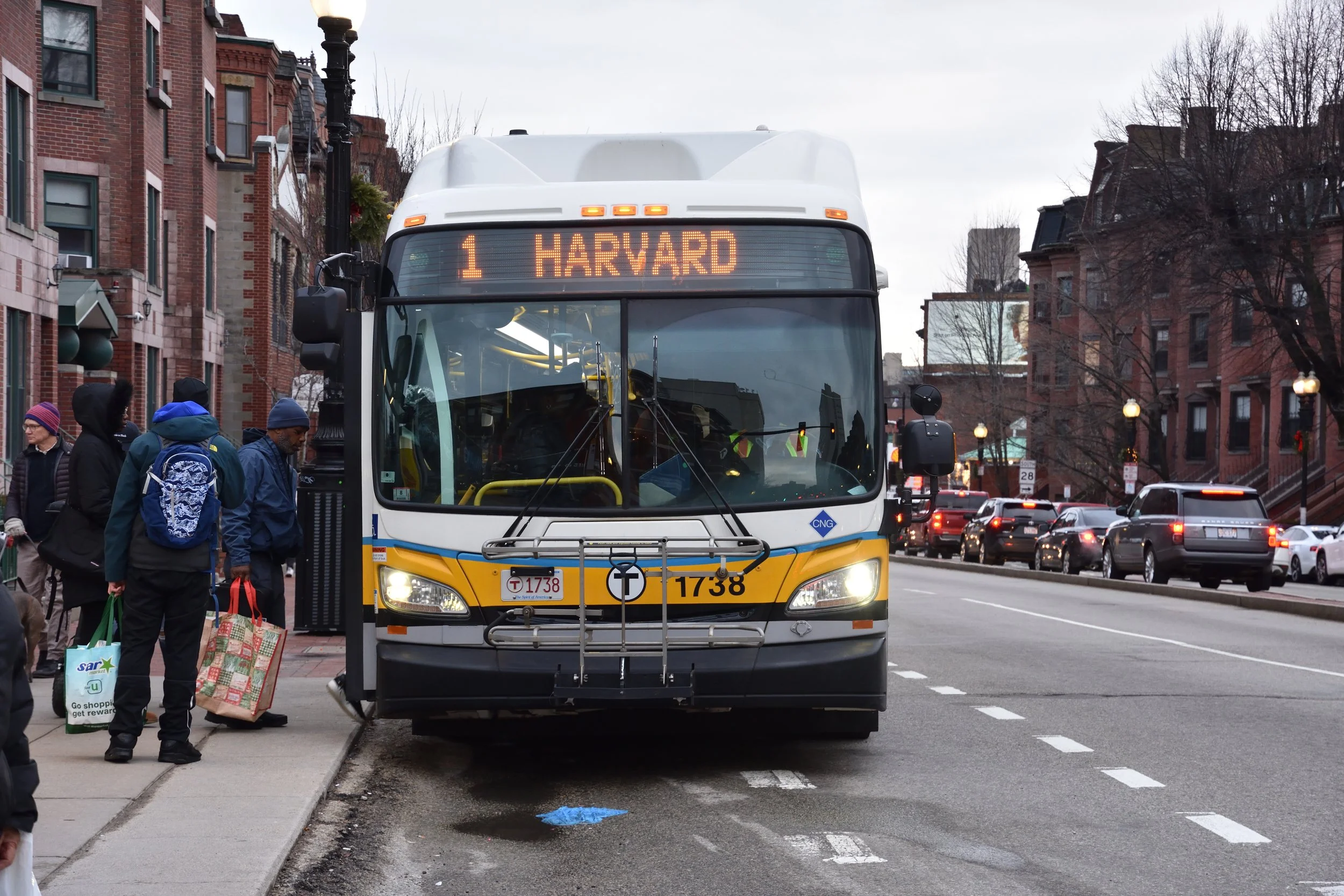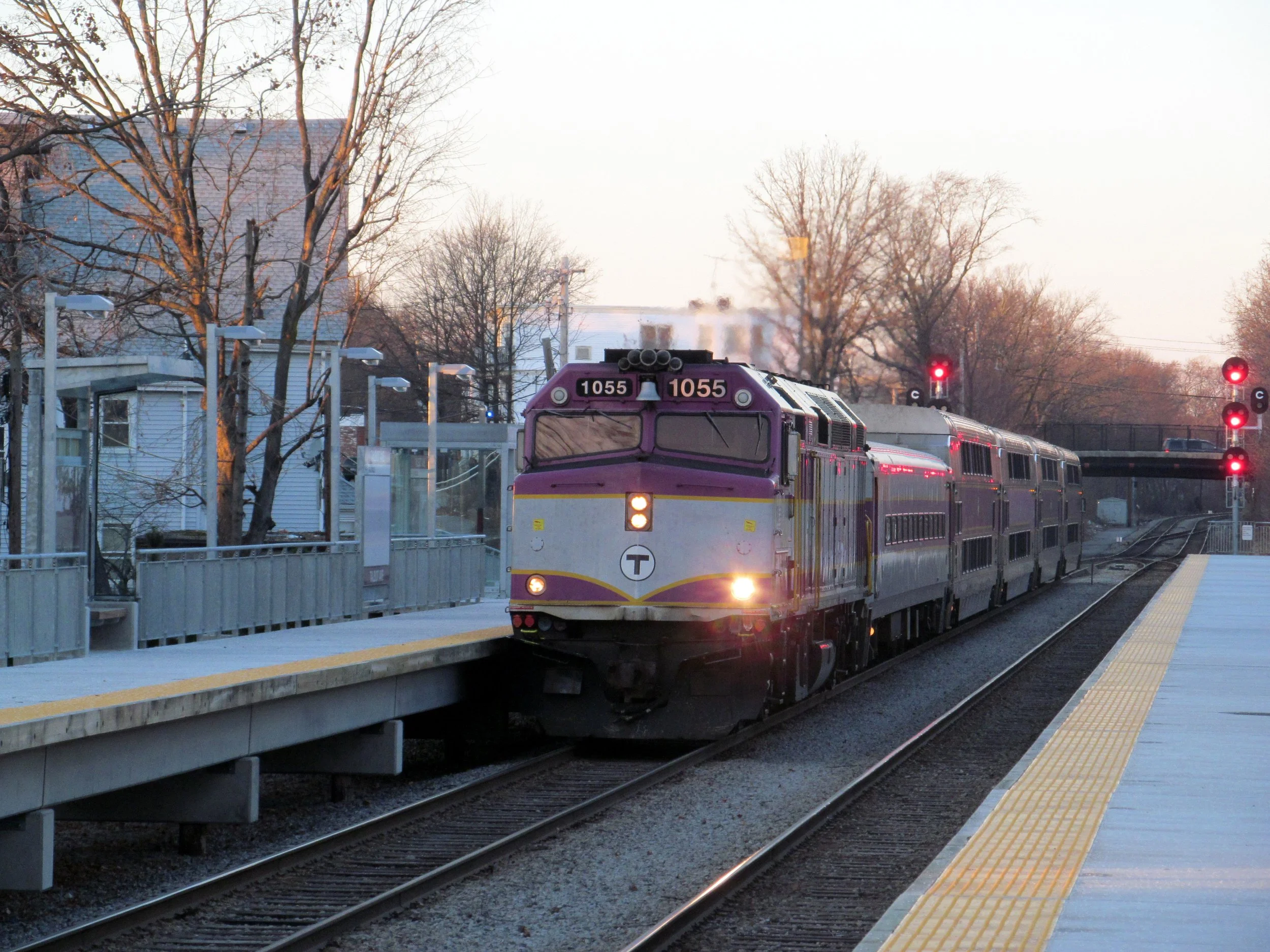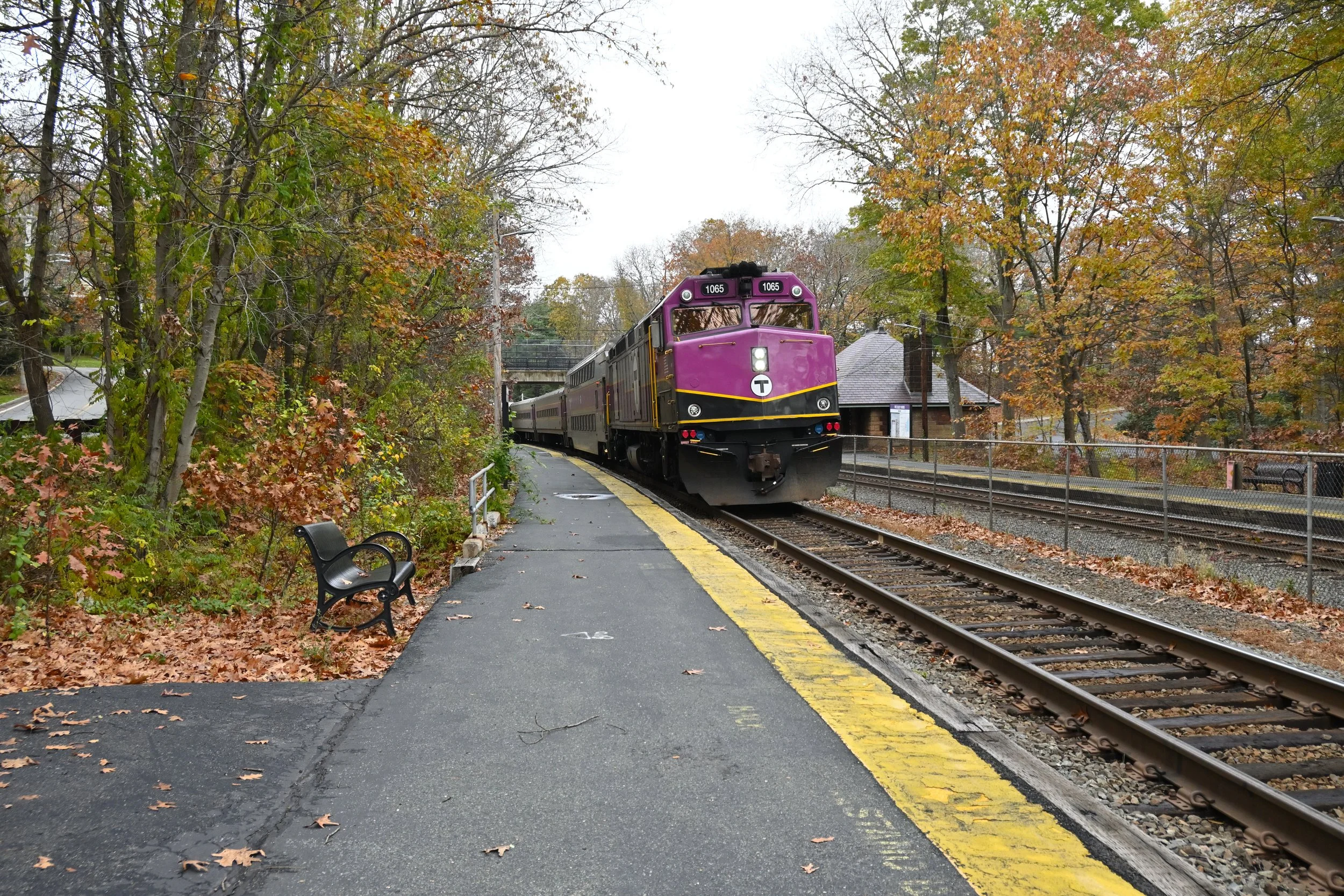TransitMatters commends the MBTA General Manager for being transparent with riders about the issues with track conditions and quickly acting out of an abundance of caution.
Media Statement: FTA Letter re: Safety Management Inspection
BOSTON, May 11, 2022 — TransitMatters believes that safety is a top priority for any public transportation system. We have confidence that overall, the MBTA is safe. We also believe that safety is always a priority for every MBTA employee. While we acknowledge the importance of an FTA safety review, we note that the situation locally requires funding, transparency, and leadership.
MBTA safety begins with ensuring that the agency has the resources, both financial and personnel, it needs to do the job. We need the Massachusetts Legislature to step up and provide sustainable funding that responds to the needs of the system and the values of the times. The T cannot continue to be an agency without new, dedicated sources of both capital and operating funding. Operating deficits are often resolved at the last minute, despite volumes of reports illustrating the structural inadequacies of the current approach to funding. We will not accept either service cuts or fare hikes as the answer to operating deficits going forward.
The MBTA has acknowledged that it faces an Operating Budget deficit next year in excess of $200 million. The legislature and governor should act now, through the Transportation Bond bill or Budget, to ensure that the budget deficit is closed, and to provide additional funding targeted toward key safety and service related initiatives.
MBTA stakeholders need transparency about the agency’s progress on the recommendations from the 2019 Safety Panel. Top line numbers and percentages will not suffice. We need to know which recommendations have yet to be started, which ones require more resources, and what obstacles stand in the way of 100% compliance.
Toward this end, we need an MBTA board that provides full transparency and actual accountability. It is incredibly disturbing that the existence of this letter was revealed by The Boston Globe and not at the April 28th board meeting. Advocates have expressed frustration at the lax oversight and refusal of the current Board to engage with the work of the FMCB. The FTA letter validates those concerns.
The stakes are high. A full FTA takeover could result in forced fare hikes and service cuts, and put the federal government in charge of setting priorities. This is unacceptable and would be a significant setback for priorities like Bus Network Redesign, low-income fares, and more. We need new resources and strong leadership because climate change, as well as racial, socioeconomic, and regional equity demand that the T be able to focus on both safety and expanding service and access.
We call on the governor and legislature to step up and act in the short term. No FTA review will succeed in the absence of a state commitment to reversing funding inequities and providing the funding to erase structural deficits. We need action now.
The first step must be eliminating the projected Operating Budget deficit by taking decisive legislative action now. The second step is to have the legislature step up and provide the accountability and transparency the MBTA Board has failed to provide. This means holding hearings and demanding follow-up on FMCB efforts. Lastly, the Legislature should commit to having a sustainable revenue source for both the capital and operating budget by the start of the next fiscal year. These decisive actions will show that the Commonwealth is committed to funding and maintaining the fourth busiest public transit system in the country, fully and appropriately, free of federal control.
For media inquiries, please e-mail media@transitmatters.org.
###
Podcast 26 - Security, Maintenance and A Plan for Overnight Bus Service
Many things led to the end of the most recent attempt to extend MBTA service late into the night, and the latest MBTA mitigation proposals don't really solve the problem. But what if, instead of trying to cater to the college entertainment demographic, we designed a comprehensive overnight network focused on people working early or late?
Ari Ofsevit, transportation planner and the Amateur Planner (@ofsevit), joins us as we consider (40:22) what a useful and affordable overnight network would look like, and how to finally make it happen. Building on the T's existing but little-known early morning trips (full details), we could have a citywide bus network that runs all night, every night. And no, the private sector is not the answer.
First we talk transit security in light of the increasingly frequent bombings around the world, and consider what the recent WMATA and BART shutdowns might tell us about the MBTA infrastructure. Also, why being honest about our situation and advocacy for their needs would earn the MBTA a lot of respect.
TransitMatters advocates for fast, frequent, reliable and effective public transportation in and around Boston. As part of our vision to repair, upgrade and expand the MBTA transit network, we aim to elevate the conversation around transit issues by offering new perspectives, uniting transit advocates and promoting a level of critical analysis normally absent from other media.
Like what you hear? Share it around, tell your friends and colleagues, and subscribe to the blog and podcast (on iTunes) to be notified of new posts and episodes. Support our work by becoming a member, making a donation or signing up to volunteer because we can't do this alone. Let us know what you think: connect with TransitMatters on Facebook or Twitter. Follow Jeremy Mendelson @Critical Transit, Josh Fairchild @hatchback31, Jarred Johnson @jarjoh, Marc Ebuña @DigitalSciGuy, or email us here.






